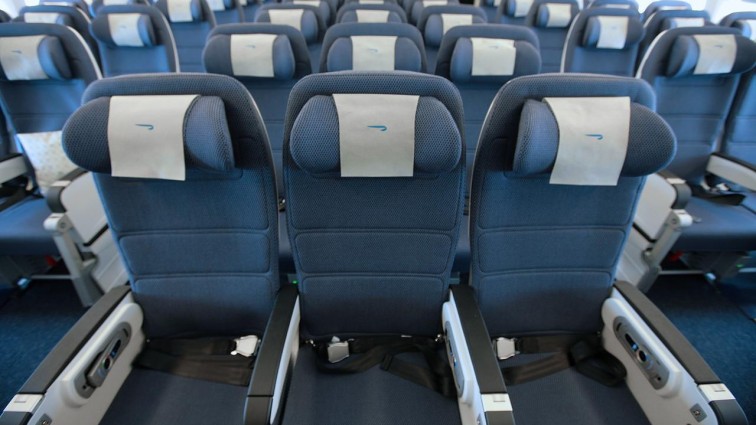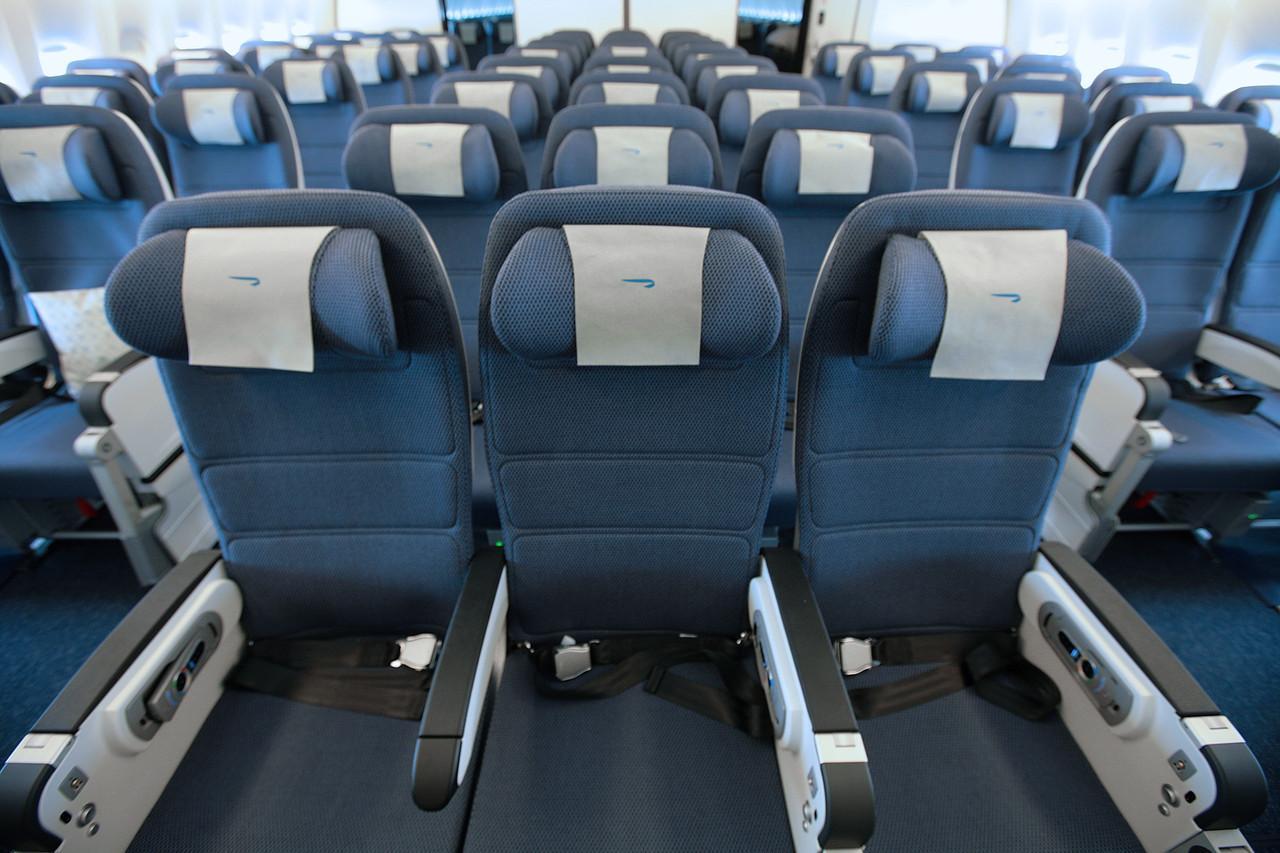British Airways is considering offering ‘digital pills’ to its passengers

Were you paying attention to the inflight announcement (in The Independent, at least) about the latest twist in the airline Hunger Games? If so, you will know that no-quibble nibbles have been taken away from British Airways economy passengers on long-haul flights. Anyone who wants to eat between BA meals either has to plan in advance and take their own snacks on board, or pay for Pringles (£1.80).
Yet some British Airways passengers, in the future, may be given a snack with a difference: an ingestible sensor that transmits how you are feeling so that cabin crew are better able to provide what you need.
BA is a busy company these days, as the airline seeks to compete with low-cost European rivals and the aviation-empire-building Gulf carriers. Three of the busiest people at the airline are Daniel Jobling, Estelle Levacher and Glenn Morgan. I don’t know them personally, but I do know that they are listed as the inventors on one of the most unusual airline patents I have ever read.
Just in case you have more pressing tasks than wading through the 24-page document, allow me to digest the patent for you. The title is Travel Environment Control. That’s not about controlling the impact of travellers on the environment, but about the environment of the posh seats in a plane (at least judging from the accompanying diagram).
The document takes a holistic look at travel, with a view to providing a smoother end-to-end journey for premium passengers. That could involve you swallowing a chip – a miniature transmitter to tell the cabin crew how your body is coping with the long haul.
The patent envisages a flight involving “Digital pills or other ingestible sensors that detect internal temperature, stomach acidity and other internal properties, and wirelessly relay this information outside the passenger’s body.”
From somewhere deep inside your body, you will be unwittingly emitting signals to the cabin crew about your wellbeing, or lack of it.
I hate to criticise forward-thinking research on how to improve the air-travel experience. But it’s interesting that the airline is spending time and money on a project that looks, if I am not being unkind to the inventors, like a solution in search of a problem.
In a customer-service industry like aviation, airlines constantly strive to improve their offer, to create differences that will stimulate demand and persuade passengers to pay a premium in a ferociously competitive market. But there are ways to improve the passenger experience without the need to “think outside the box” or, indeed, consume a chip that will presumably part company with the passenger some time after the flight.
Политика конфиденциальности | Правила пользования сайтом









